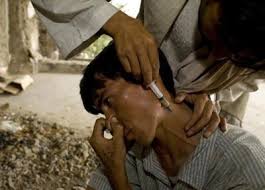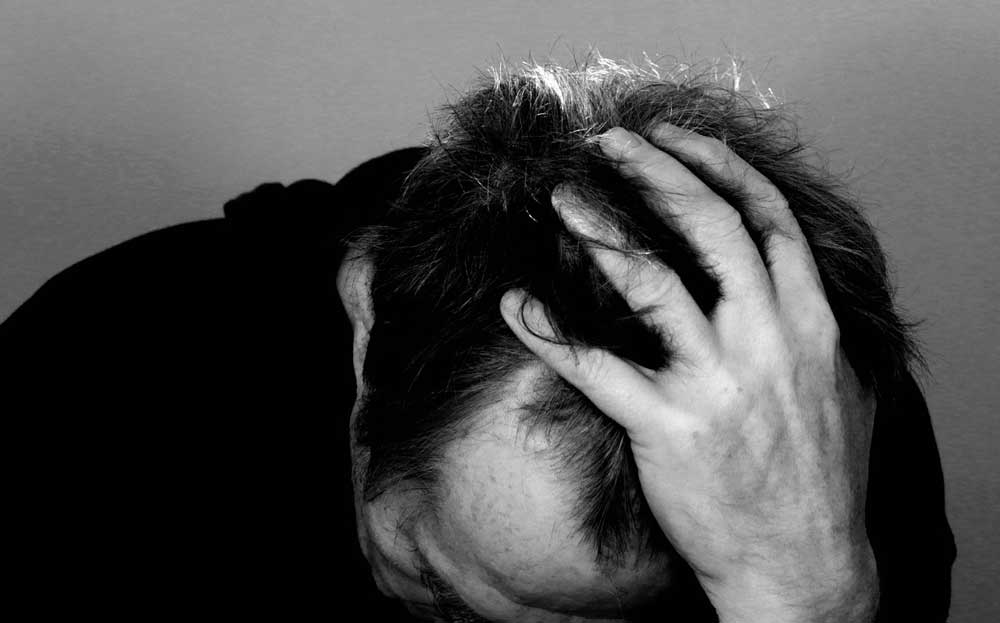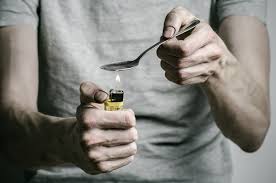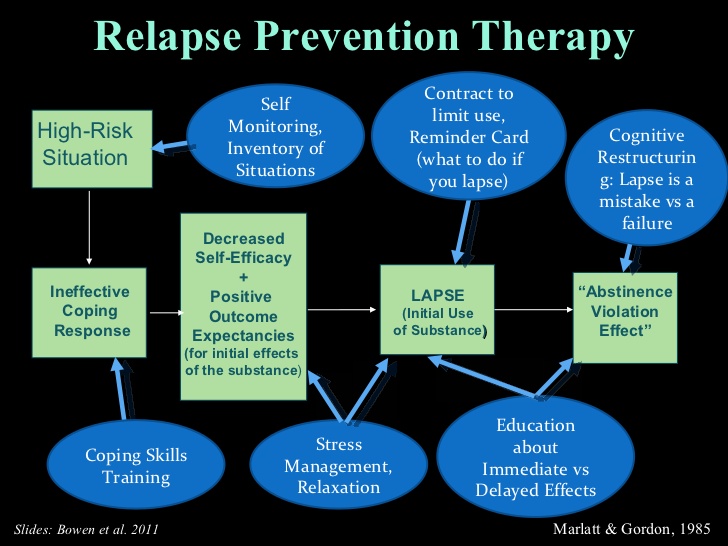Professional support in dealing with addiction

Professional support in dealing with addiction will help you overcome instances of relapse
Professional support in dealing with addiction: The role of amino acids
Professional support in dealing with drug addiction is very essential and that is why professionals at AWAREmed Health and Wellness Resource Center agrees that one of the most promising areas of nutritional therapy for recovering addicts relates to neurotransmitters, amino acids, and how they all affect the brain. Research has also demonstrated that the substantial role neurotransmitters, the chemicals that transmit messages between neurons and other cells in the body, play in addiction.
The connection between neurotransmitters and addiction results from the ability of drugs and alcohol to impact the brain’s output of certain neurotransmitters. For example, cocaine causes the brain to increase its production of the neurotransmitter dopamine which impacts mood and stimulates the feeling of pleasure. A problem arises, however, when the brain has been artificially stimulated to produce a neurotransmitter so often that it no longer produces this neurotransmitter on its own. Essentially, what this means is those recovering from addiction are dealing with a brain that no longer creates neurotransmitters, like dopamine, which play an integral role in their well-being.
Professional support in dealing with addiction: The true health building blocks
According to doctor Akoury, amino acids, which are the building blocks of protein, are precursors to neurotransmitters including those most related to addiction like serotonin, dopamine, and norepinephrine. This connection indicates the potential to treat addiction through the targeted consumption of amino acids, which can be done through the intake of certain foods or supplements. Since dopamine is the key neurotransmitter involved with addiction and is associated with ‘reward,’ it is critical to restore depleted dopamine levels through a higher protein intake. Phenylalanine is an essential amino acid which is widespread in food that becomes tyrosine, which is converted to dopamine.
An example of how amino acid supplementation works for addiction can be found in the instance of alcohol withdrawal. Alcoholics going through withdrawal experience an increased turnover of the neurotransmitter norepinephrine. The amino acid phenylalanine, however, is a precursor to norepinephrine. If an individual recovering from alcohol addiction eats foods high in phenylalanine, like meat and fish, he will be helping to fulfill the need for this neurotransmitter during withdrawal.
Professional support in dealing with addiction: Dietary recommendations
Finally says doctor Akoury, it is important to note that dietary recommendations do vary mostly depending on the substance you are withdrawing from. Alcohol and opiates, for example, negatively impact the stomach it therefore means that people recovering from these substances should work to restore gut health through increased intake of probiotics. Cocaine however is associated with essential fatty acid deficiency, so those recovering from cocaine addiction would benefit from increased consumption of Omega 3. Because of these nuances in each recovering addict’s dietary needs, it is important to collaborate with a trained nutritionist to determine what nutritional approach will help you most on your road to recovery.
Professional support in dealing with addiction: The role of amino acids
http://www.awaremednetwork.com/







